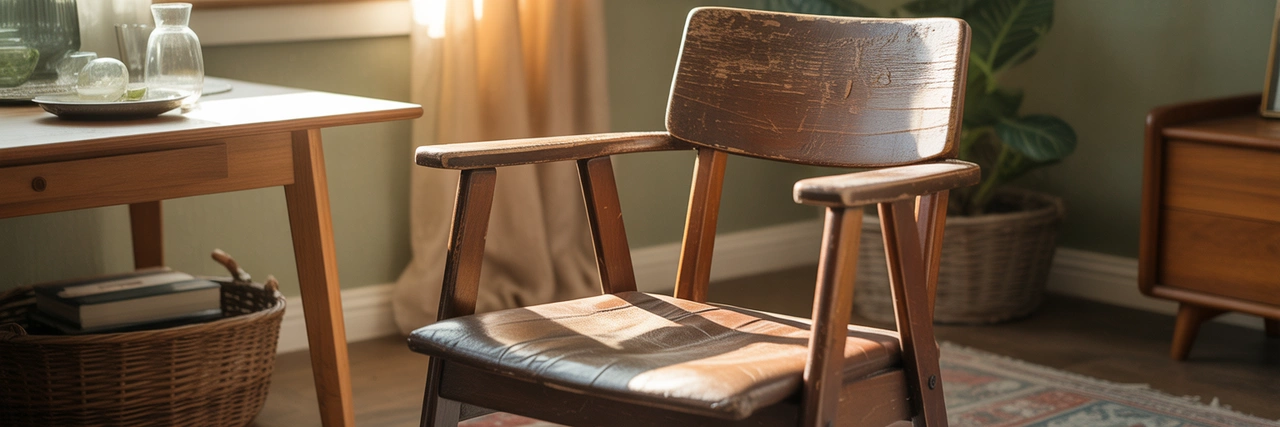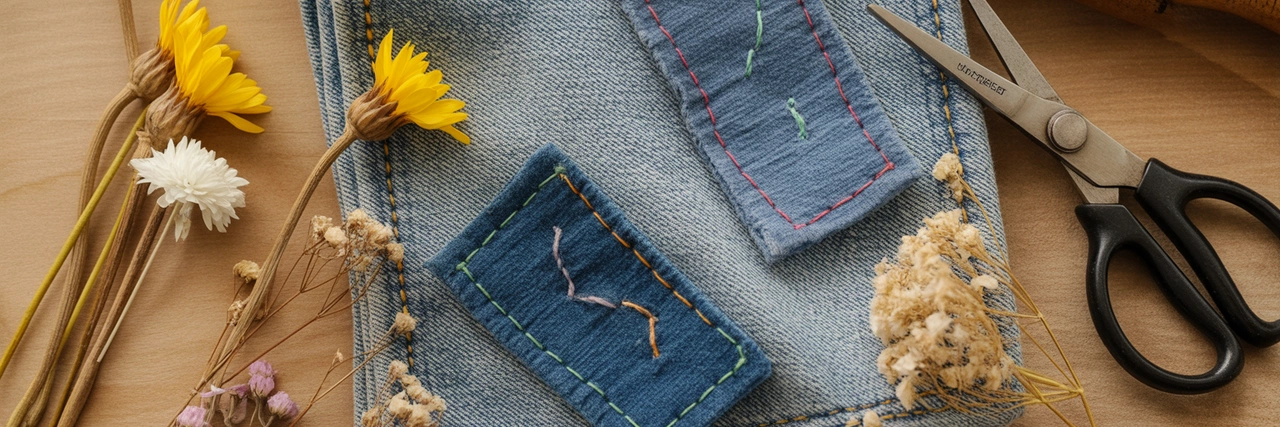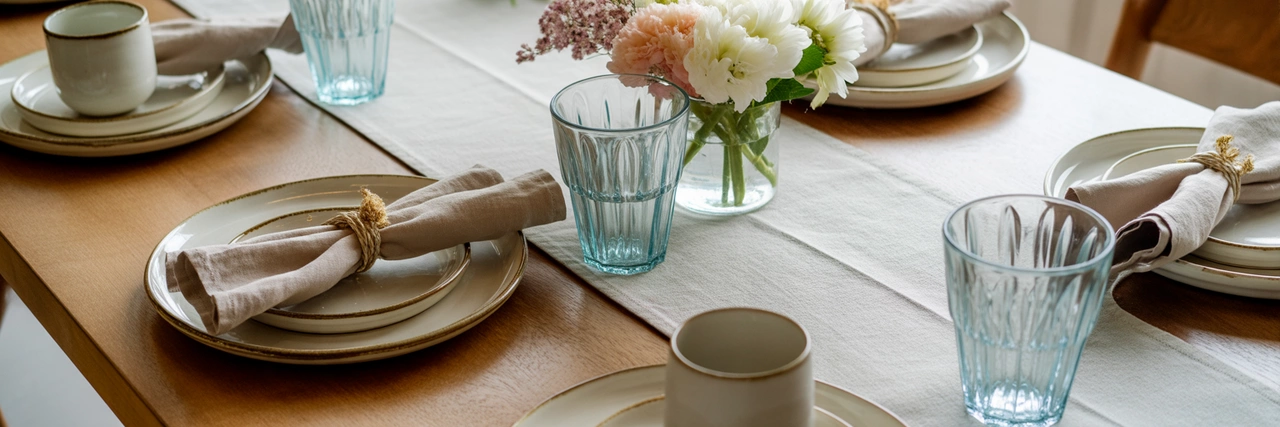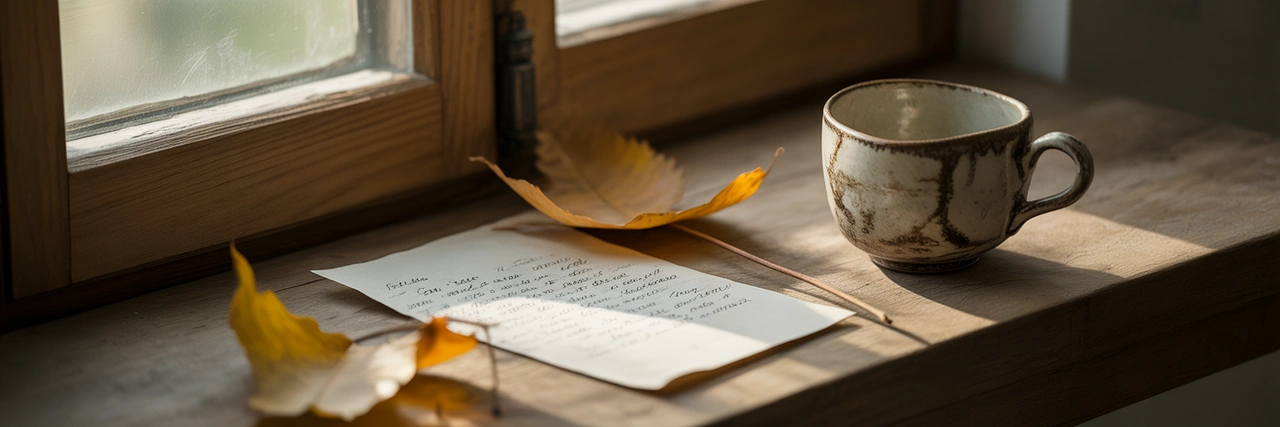Wabi-Sabi at Home: Finding Beauty in the Imperfect
A few years ago, I stumbled across a word I didn’t know — wabi-sabi. It stopped me in my tracks. I’d been trying for weeks to “fix” a cracked ceramic bowl that I’d made — sanding, repainting, hiding. But wabi-sabi whispered something else: maybe that crack is the point. In Japanese philosophy, wabi-sabi is the art of appreciating imperfection, impermanence, and simplicity. Not just accepting flaws — loving them. That idea changed everything.
Like many of us, I was raised on glossy magazines and Pinterest boards — everything neat, shiny, curated. But real life isn’t that. Real life has chipped mugs, fading fabrics, and nail holes from frames long taken down. Wabi-sabi taught me that these aren’t failures — they’re traces of time, and time is beautiful. Now, when I see a scratch on a wooden chair, I think: that’s where my grandson kicked it while dancing. That’s not damage — that’s memory.

I began with small things. I stopped repainting the chipped enamel teapot. I left the seam slightly crooked on a pillow I sewed by hand. Then it got deeper: I embraced slow projects. I started mending clothes with visible stitches, known as sashiko. I used dried flowers instead of always buying fresh ones. I stopped hiding the unfinished. Suddenly, my home felt warmer. More honest. More like me.

If you want to try wabi-sabi living, start small. Let your favorite old sweater show its age. Use mismatched plates at dinner. Leave some corners unfinished — on purpose. Or better yet, repair something with love: glue a chipped mug, stitch a torn apron, or repaint a scratched surface without hiding its history. Wabi-sabi isn’t about being rustic — it’s about being real. It's about choosing what feels soulful over what looks perfect.

More than a design idea, wabi-sabi has become a personal philosophy. It reminds me that I, too, am a little chipped — and still beautiful. That time softens everything, including grief. That nothing lasts — and that’s exactly why it’s precious. My home isn’t a showroom. It’s a poem in progress. And just like that cracked bowl, just like that uneven stitch — it’s whole, because it’s human.

Close